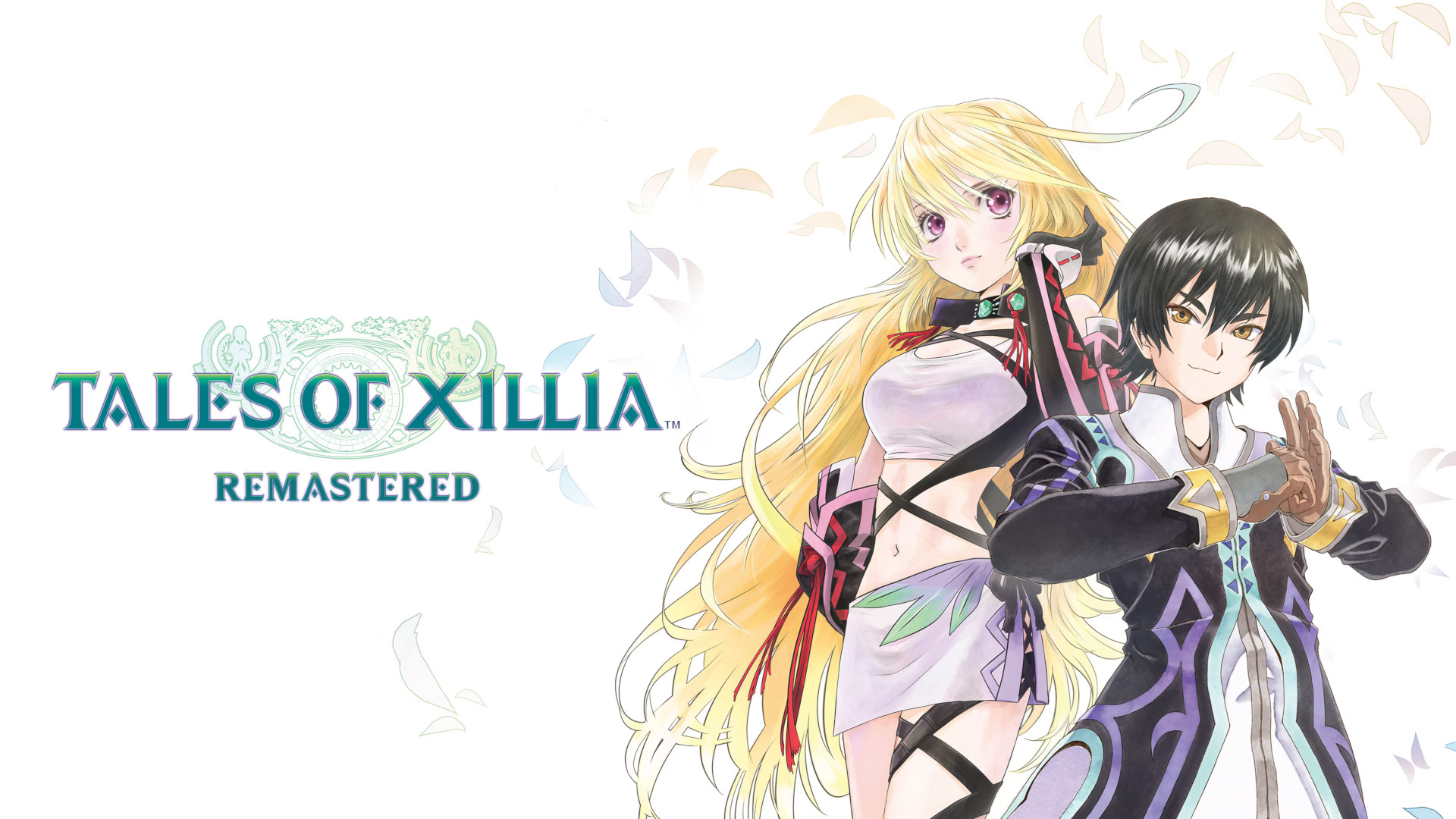Bandai Namco’s Tales series was in a weird spot for a long time, struggling with finding an audience, which platforms to show up on, and getting localized at all in some cases. The ship started to right as the PlayStation 3’s own pillar in the market stabilized, but it would take a few more years for Tales to really stand on firm ground. Bandai Namco has since initiated a remaster project, taking those PS3-era entries and sprucing them up for a much hungrier audience. Tales of Xillia Remastered is the latest volley, and it has landed cleanly, if not quietly. A solid foundation Tales of Xillia was one of my favorites back in its time. Tales always stood out thanks to its colorful visuals and striking character designs, real-time combat, and bizarre storytelling tropes. Xillia was uniquely focused, zeroing in on a small but likeable cast, straightforward character-building, and a core combat gimmick that was simple and easy to understand, but viciously effective when properly unleashed. If remasters are sometimes seen as opportunities to address mistakes and smooth over rough edges, Tales of Xillia is a poor subject due to its perfectly competent design and technical structure. But, nonetheless, there is some slight tinkering under the hood that does what it can to improve the experience from its original version. That’s kind of the funny thing about this remastering timeline. There’s less room to be precious about authenticity, since the subject is already a game from the HD era, from when consoles were starting to converge into each other as computers in different-colored boxes. Obviously the PS3 was infamous for its unruly hardware, but it’s not like playing on modern hardware comes with caveats, compromises, and corporately-mandated changes to previously done work. No need to worry about filters and weird swerves in art direction here; it’s just Tales of Xillia running at a higher frame rate. It looks like a PS3 game, but doesn’t run like one. Bugs and small issues have cropped up (especially on PC), but overall, it’s a mild-mannered conversion if ever I’ve seen one. Minimal tinkering In terms of changes, there are a few “quality of life” adjustments. I’ve come to really resent that term, but it serves its purpose, I reckon. The minimap has more coherent objective markers, there’s a “dash” button that makes your character run faster, and a new shop upgrade system gives you more control and immediate access to item upgrades. There’s also a system that operates similar to new game plus, in which you spend points to get modifiers like better money and experience gains. You can start fresh with these modifiers, and have a huge budget to spend on them upfront. It’s great if you want to play a new RPG without actually playing it, I guess. But hey, quality of life! Anyway, Tales of Xillia Remastered is great because of the merits of its original, not because it’s a transformative remaster. The two leads have interesting charisma, and interact with the world and each other in fun ways. Jude is a medical student who can also do martial arts for some reason, giving you a fun, novel spread of mechanics to play with for a RPG protagonist. Millia is a more familiar sword/magic hybrid user, but her story as a fish out of water god-like being who has lost her powers is a great vehicle for Tales’ trademark sense of humor. It’s a fun mix, especially with the “skits,” which have been Tales’ way to have fun with character development for decades, and a fan-favorite aspect for a reason. This does bring me to an interesting pro and con for this remaster, though. Audio issues Tales games have always been dubbed in English, but like many RPGs of its time, Xillia didn’t grant access to the Japanese VO track. Now that’s an option, which is great for folks who prefer checking out art in its original language. This is great, but it has a side effect of highlighting the dub, not only for being a mid-tier dub in terms of performances, but also being left out of the remastering process. It’s a fuzzy, heavily compressed mess, and sounds dreadful coming out of modern audio hardware. The Japanese track, meanwhile, is crystal-clear. Obviously if the original dub master was lost to time the option is either to include the track or make a new dub, which Bandai Namco ran into trouble with before (fans did not appreciate the weird mix of old and new in the Vesperia remaster). Regardless of the background, it’s a painfully observable issue. An old dub track sounding like an old dub track isn’t so bad, as far as what’s taking up the “biggest problem” slot for a release like this. Tales of Xillia Remastered is a totally competent, if not intriguing or surprising in some way, refresh of a niche PlayStation 3 RPG that was cool enough to get a direct sequel, even in the middle of its series niche era. Xillia’s base holds up, from its fighting game-like combat language to its colorful characters and focused story. Veteran fans don’t have a lot to show up for unless they’ve already been jonesing for a replay, but anyone who’s become a Tales fan in the years since have a new, easy way to play a game worth catching up on, and that’s worth celebrating. Tales of Xillia remastered is available now for the PlayStation 5, PC, and Nintendo Switch. A PS5 code was provided by the publisher for this review.
https://www.shacknews.com/article/146860/tales-of-xillia-remastered-review-score
Tales of Xillia Remastered review: Another successful PS3 rescue mission



